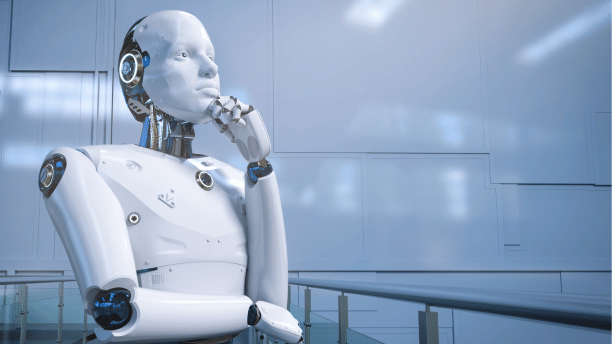AI is harming your critical thinking: Microsoft study suggests

A new study by researchers from Carnegie Mellon University and Microsoft has found that using generative AI tools - such as ChatGPT and Copilot - may be reducing our ability to think critically. The research, which surveyed 319 knowledge workers and examined 936 real-world examples of generative AI use, suggests that heavy reliance on these technologies can lead to a reduction in the mental effort needed to evaluate and verify information.
High confidence in AI's ability
The study, titled 'The Impact of Generative AI on Critical Thinking', shows that when people have high confidence in AI's ability to handle tasks, they tend to skip important steps of critical thinking. Instead of carefully checking facts or questioning the AI's output, many users simply accept what the tool provides. In contrast, those who trust their own judgment are more likely to double-check and integrate AI suggestions into their work thoughtfully.
"Confidence in AI is associated with reduced critical thinking effort, while self-confidence is associated with increased critical thinking effort," states the paper. It also explains that AI users who believe strongly in the tool's capabilities often invest less time in verifying the information, which can lead to a decline in independent problem-solving skills.
A shift in how we think
The study highlights a noticeable shift in cognitive effort when using generative AI. Traditionally, knowledge work involved gathering information, solving problems, and crafting detailed responses. Now, with AI handling much of the initial work, users are mostly left with tasks like verifying AI-generated content and making sure it fits their specific needs.
While this shift can improve efficiency—especially for routine tasks—it also raises concerns. The researchers warn that over time, relying on AI to do the heavy lifting may result in a "mechanised convergence" of ideas, which is explained thusly: "Users with access to GenAI tools produce a less diverse set of outcomes for the same task, compared to those without." In other words, work produced with AI support might become less diverse and reflective of personal insight, ultimately dulling one's ability to think critically.
Efficiency at a cost
Generative AI tools are celebrated for speeding up work processes, such as writing, coding, and research. However, the study cautions that these efficiency gains come at a cost. By offloading routine thinking to AI, users might lose opportunities to practice and sharpen their critical thinking skills—a form of mental exercise that is essential for problem-solving and innovation.
"While GenAI can improve worker efficiency, it can inhibit critical engagement with work and can potentially lead to long-term overreliance on the tool and diminished skill for independent problem-solving, the study notes. This overreliance can be dangerous in the long run if users stop questioning and reflecting on the information they receive, suggests the study.
Looking ahead: Designing smarter AI
The researchers believe that the key to harnessing AI's benefits without sacrificing critical thinking lies in better design and user training.
"Our work suggests that GenAI tools need to be designed to support knowledge workers' critical thinking by addressing their awareness, motivation, and ability barriers," states the study as a concluding remark.
As such, future AI tools should be developed to encourage users to actively verify, integrate, and even challenge the AI's outputs. By doing so, we can maintain high-quality work and continue to build strong, independent problem-solving skills.
While generative AI brings notable advantages in productivity, the study serves as a reminder: if we become too dependent on these tools, we may be risking our ability to think critically. As AI becomes a regular part of our work lives, finding the right balance between efficiency and cognitive engagement will be more important than ever.
The full study can be found here.
 For all latest news, follow The Daily Star's Google News channel.
For all latest news, follow The Daily Star's Google News channel.
Comments